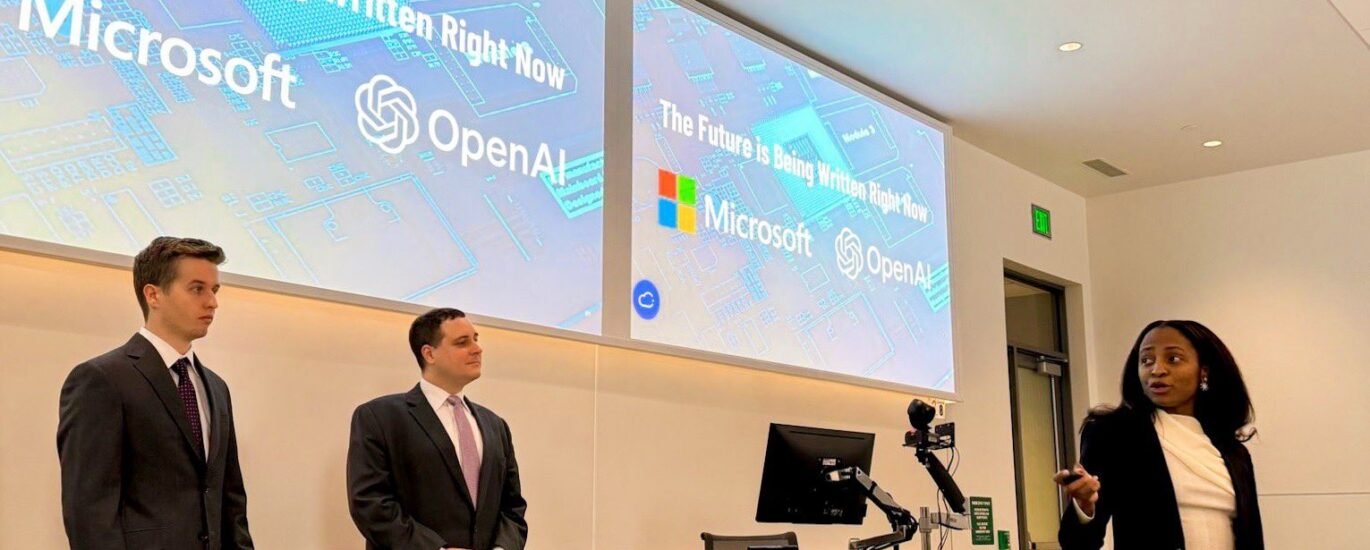


I never thought I would be the entrepreneur standing here, telling you that I failed. Yet here I am, reflecting on my journey with Digital Skills for Africa (DSA)—a venture that started with the best intentions, received nearly $400,000 in funding (from mostly donors), and trained thousands of young professionals, and yet, after six years, remains a business struggling to survive.
6 years into running the business… I should not be ‘struggling’ to make ends meet. I should not (still) be worried about how to keep the hubs open. We should be thriving, by now; and yet, we are not.
I don’t view DSA as a personal failure. Instead, I see it as a systemic failure, a challenge not unique to me but to many young African entrepreneurs trying to build solutions on a continent that has historically been unkind to innovation. Today, I reflect not just on what went wrong but on what I know now that I wish I had known then—through the lens of my MBA, my global experiences, and my transition into Q2 Corporation and Q2 Games.
In a recent Twitter (newly X) exchange, a few young Malawian ‘called me out’ for not being a ‘real entrepreneur’, and just a non-profit founder. This article is not in any way a defense. If anything, I agree with my critics who argue that young professionals return home to start non-profits instead of sustainable businesses.
The deeper question is: Why? Why did it make sense for me, and so many others, to follow this path? And most importantly, what does the future of African entrepreneurship need to look like for us to break out of this cycle?
I have been criticized for focusing on a non-profit instead of building a business. I don’t disagree with the criticism—Africa needs more sustainable businesses. But let’s be honest about why so many young African entrepreneurs gravitate toward non-profits.
It’s not because we lack ambition or vision. It’s because Africa is an unviable market for many types of businesses.
In the U.S. or Europe, digital skills training is a paid-for service. Individuals and businesses invest in education because they see the returns. In Africa, the vast majority of people who need digital training cannot afford to pay for it. Universities recognize its importance, but when we approached them, they told us: “We are not a profit-making institution.” Governments acknowledge the need but have no budgets for it. Parents want their children to have these skills but cannot afford the fees.
So what do entrepreneurs do? We go where the money is: donor funding.
If I had attempted to raise $400,000 in Malawi through sales or private investors, I would have failed. But because donors had programmatic interests aligned with digital skills training, I was able to secure that funding. This is not unique to me—most African entrepreneurs chasing impact end up becoming non-profits, not by choice, but by economic necessity.
Even OpenAI, one of the most cutting-edge AI companies in the world, started as a non-profit. Being a non-profit does not mean you lack business acumen. The problem is not the non-profit model; the problem is that Africa lacks viable business ecosystems for many industries.
If I had tried to build this same business in the U.S. or Europe, it would have been profitable. But in Africa, even a great idea struggles when the fundamental market conditions do not support it.
Now, as a marketing research specialist in my MBA program, I want to approach this from a data-driven perspective.
Using multiple regression analysis, we can predict the viability of a business in Africa based on key economic and structural factors:
Business Viability Score (BVS) = β₀ + β₁(Consumer Spending Power) + β₂(Access to Finance) + β₃(Government Policy Support) + β₄(Investor Readiness) + β₅(Digital Infrastructure) + ε
Where:
This model explains why Digital Skills for Africa struggled. Malawi, with a GDP per capita of less than $1,000, low investor engagement, and weak policy incentives, made it an impossible economy for this type of business.
With everything I’ve learned, I now see that the gaming industry is one of the fastest-growing markets globally. The data is clear:
This is why my next venture, Q2 Corporation, is focused on gaming and entertainment—an industry with global scalability and high consumer spending.
Digital Skills for Africa was not a failure in impact—it was a failure in market viability. What I now know is that building in an impossible economy will drain even the best entrepreneurs. My focus now is to create businesses that serve Africa while leveraging global markets.
I leave this reflection with one thought: Africa does not need more non-profits or failed startups. Africa needs viable businesses built with an understanding of global economics. And I intend to be part of that future.
with Intentions to someday Suceed,
Ntha